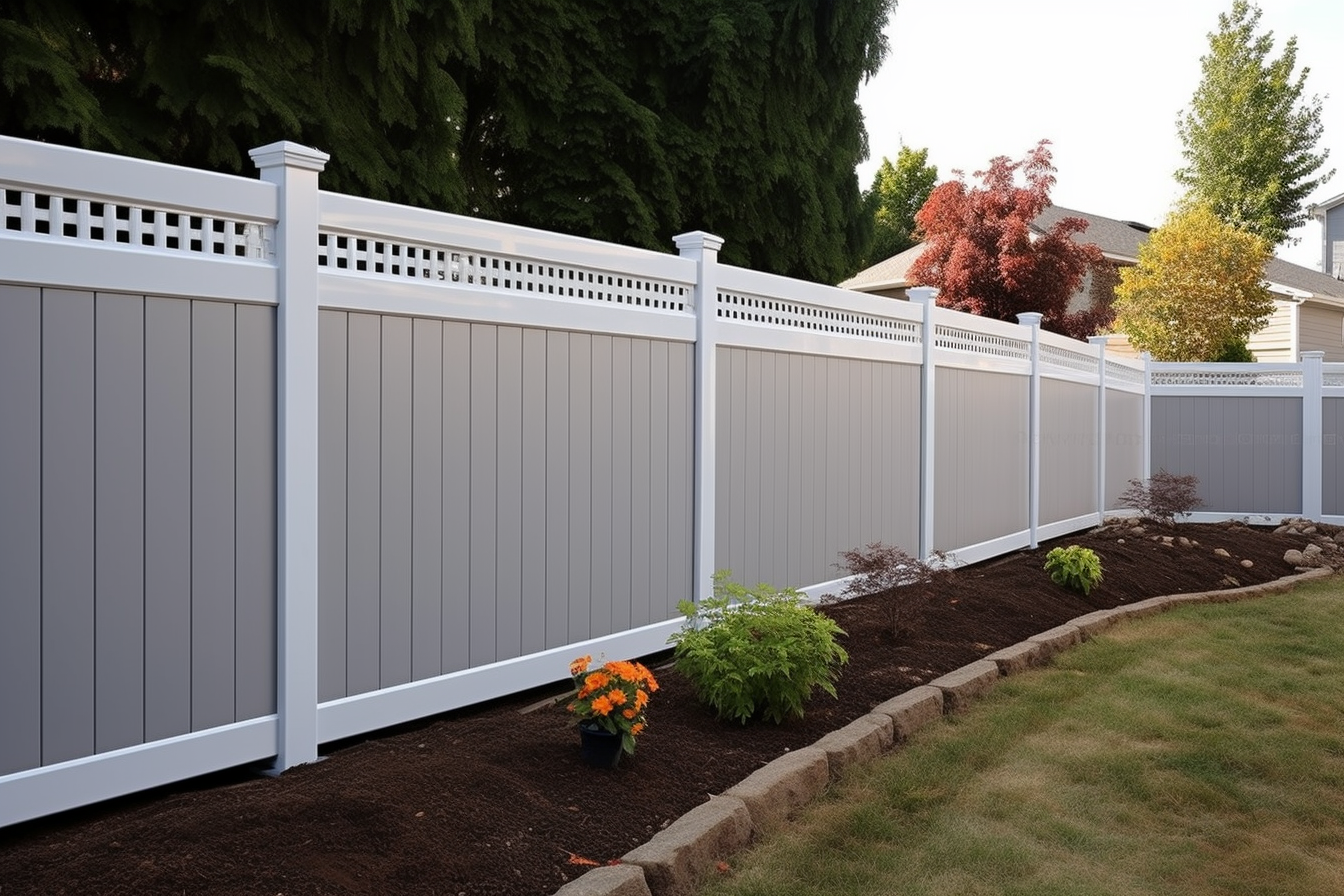How Smart Homeowners Are Beating Weeds Without Harsh Chemicals
If your lawn is constantly under attack from weeds, you're not alone. A growing number of homeowners are ditching expensive treatments and harsh sprays for safer, smarter solutions that actually work. Discover how simple techniques and natural weed control tools are helping lawns bounce back quickly.

Why are natural weed control methods gaining popularity?
The shift towards natural weed control is driven by several factors. Increasing awareness of the potential health risks associated with chemical herbicides has led many homeowners to seek safer alternatives. Additionally, concerns about environmental impact, including water pollution and harm to beneficial insects, have prompted a reevaluation of traditional lawn care practices. Natural methods are often more sustainable in the long run, promoting overall lawn health rather than just treating symptoms.
What are some effective natural weed prevention techniques?
Prevention is key when it comes to natural weed control. Smart homeowners focus on creating conditions that favor grass growth over weed proliferation. This includes maintaining proper mowing height, typically between 2.5 to 3.5 inches, which allows grass to shade out weed seeds. Regular aeration and overseeding help create a dense turf that leaves little room for weeds to establish. Proper watering techniques, such as deep, infrequent watering, encourage deep root growth in grass while discouraging shallow-rooted weeds.
How can homeowners manually remove weeds without chemicals?
Manual weed removal is a time-tested method that smart homeowners are revisiting. Hand-pulling weeds, especially when the soil is moist, can be highly effective for smaller areas. For larger spaces, tools like weed pullers or stand-up weeders allow for efficient removal without bending over. The key is to remove the entire root system to prevent regrowth. Some homeowners also use boiling water or vinegar to spot-treat weeds in paved areas or between pavers.
What natural substances can be used to suppress weeds?
Several natural substances can help suppress weed growth. Corn gluten meal, a byproduct of corn processing, acts as a pre-emergent herbicide by inhibiting weed seed germination. It’s most effective when applied in early spring before weeds start to grow. Mulching with organic materials like wood chips, straw, or leaves can smother existing weeds and prevent new ones from sprouting. Some homeowners use a mixture of vinegar, salt, and dish soap as a natural post-emergent herbicide, although care must be taken as this can affect soil pH and potentially harm desired plants.
How are smart homeowners leveraging technology for weed control?
In the United States, innovative homeowners are turning to technology to aid in their weed control efforts. Robotic lawn mowers programmed for frequent cutting help maintain optimal grass height and reduce weed growth. Some models even use AI to identify and target weeds specifically. Smart irrigation systems ensure lawns receive the right amount of water, promoting grass health and resilience against weeds. There’s also a growing interest in using thermal weed control devices, which use heat to destroy weeds without chemicals.
What natural weed control products are gaining popularity?
| Product Name | Key Ingredients | Application Method | Estimated Cost Range |
|---|---|---|---|
| EcoSMART Weed & Grass Killer | Essential Oils | Ready-to-Use Spray | $10 - $20 |
| Sunday Weed Warrior | Iron-Based Herbicide | Hose-End Sprayer | $24 - $39 |
| Dr. Earth Final Stop Weed & Grass Killer | Clove Oil, Citric Acid | Concentrate (Mix with Water) | $15 - $25 |
| Green Gobbler Vinegar Weed Killer | 20% Acetic Acid | Ready-to-Use Spray | $20 - $30 |
| Preen Organic Weed Preventer | Corn Gluten Meal | Granular (Spreader Application) | $30 - $50 |
Prices, rates, or cost estimates mentioned in this article are based on the latest available information but may change over time. Independent research is advised before making financial decisions.
Natural weed control products are becoming increasingly popular among smart homeowners. These products typically use ingredients like vinegar, citric acid, essential oils, or iron-based compounds to target weeds without the harsh effects of traditional herbicides. While they may require more frequent application, many homeowners find them to be effective alternatives that align with their health and environmental concerns.
In conclusion, smart homeowners are successfully beating weeds without harsh chemicals by adopting a multifaceted approach. By combining preventive measures, manual removal techniques, natural substances, and innovative products, they’re achieving healthier, more sustainable lawns. While these methods may require more initial effort, the long-term benefits to lawn health, family safety, and environmental protection make them increasingly attractive options for conscientious homeowners.




